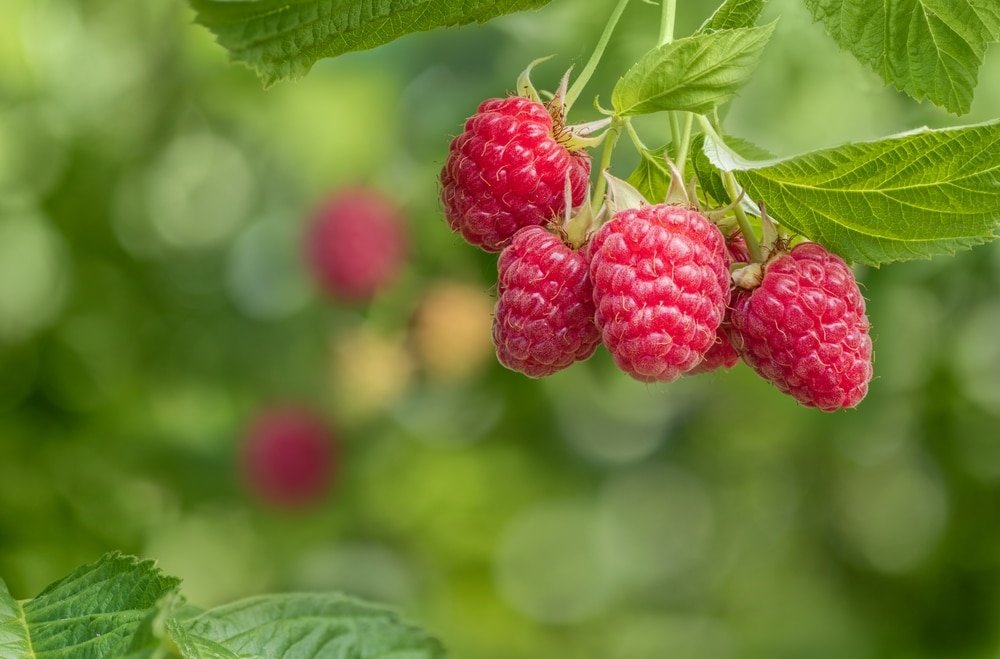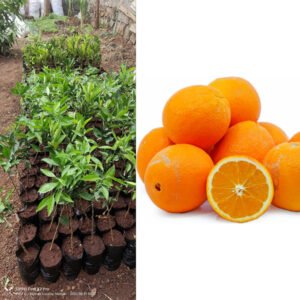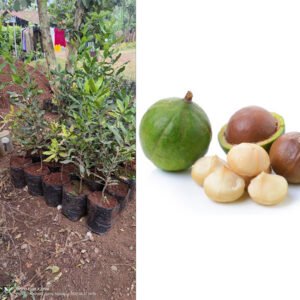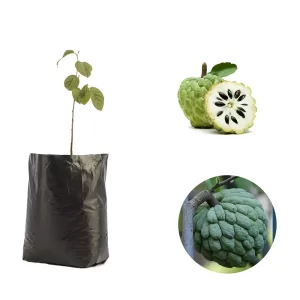Subtotal: KSh 150.00
raspberry seedlings
Raspberry is a deciduous perennial plant that ranks second after strawberry as one of the popular berries worldwide. The fruit has high nutritional value and have healing properties. Raspberry has a long history of medicinal and food use. Raspberries are well adapted in Kenya and are found growing wildly, and were primarily used as medicine by our forefathers/mothers. Ironically, raspberry production in Kenya is still low and only a few farmers are doing it commercially. So far we have spotted two varieties; red and black raspberries, that are doing well in Kenya and can be cultivated commercially or for personal consumption. You must have a special or personal market if you are thinking of commercial raspberry production.

Red Raspberry Fruits
Different raspberry cultivars are adaptable to different climatic conditions but they prefer moderate temperature. Cold tempratures and excessive heat should be avoided for they affect growth. Any soil type that is well drained with a sandy-loamy texture and has a PH of between 5.5-6.5 is suitable for raspberry cultivation. Raspberries are sensitive to wet soil and can develop root rot, avoid water-logged soils. A soil analysis will guide you in coming up with a nutritional/fertilization programme. Choose an area that receives sufficient sunlight for better results. Raspberry is mostly propagated vegetatively using shoots from the parent plant root. A spacing of 6 feet apart is sufficient keeping in mind that a simple trellis system is needed to support the raspberry canes when they develop. During the initial stages the raspberry plants should be well irrigated to keep the soil moist. Mulch the plants to help maintain soil moisture and suppress weeds. With good care, raspberries take 8-12 months to start fruiting.
Raspberry Plantation
The raspberry plant has prickles and should be handled with care; wearing a pair of gloves while working on the plantation is recommended. Pruning is an important activity in fruit cultivation and much more so when growing raspberry. Prune off weak canes and old dark brown canes that have fruited. Raspberry canes fruit once and they are pruned off. Some varieties like the everbearing raspberry fruit twice before the cane is pruned off. Raspberry fruits are fragile and have a short shelf life hence the need to harvest continually as they start fruiting. Fruits should be handpicked and any diseased fruit should be removed.

Raspberry Seedlings
Raspberries are susceptible to different pests and diseases. Important diseases include; gray mold fruit rot, root rot, cane blight, yellow rust, ring spot, crown gall among others. Ensure to get disease free seedlings and select disease resistant varieties. Notable pests include; fruit worm, cane borer, wasps, aphids, raspberry beetle, slugs etc. An integrated pest management system will help in identifying pests and diseases early, while they can be controlled effectively. For those who want to grow a few raspberries for own consumption can contact us for seedlings.


 Chocolate Mint
Chocolate Mint 




There are no reviews yet.